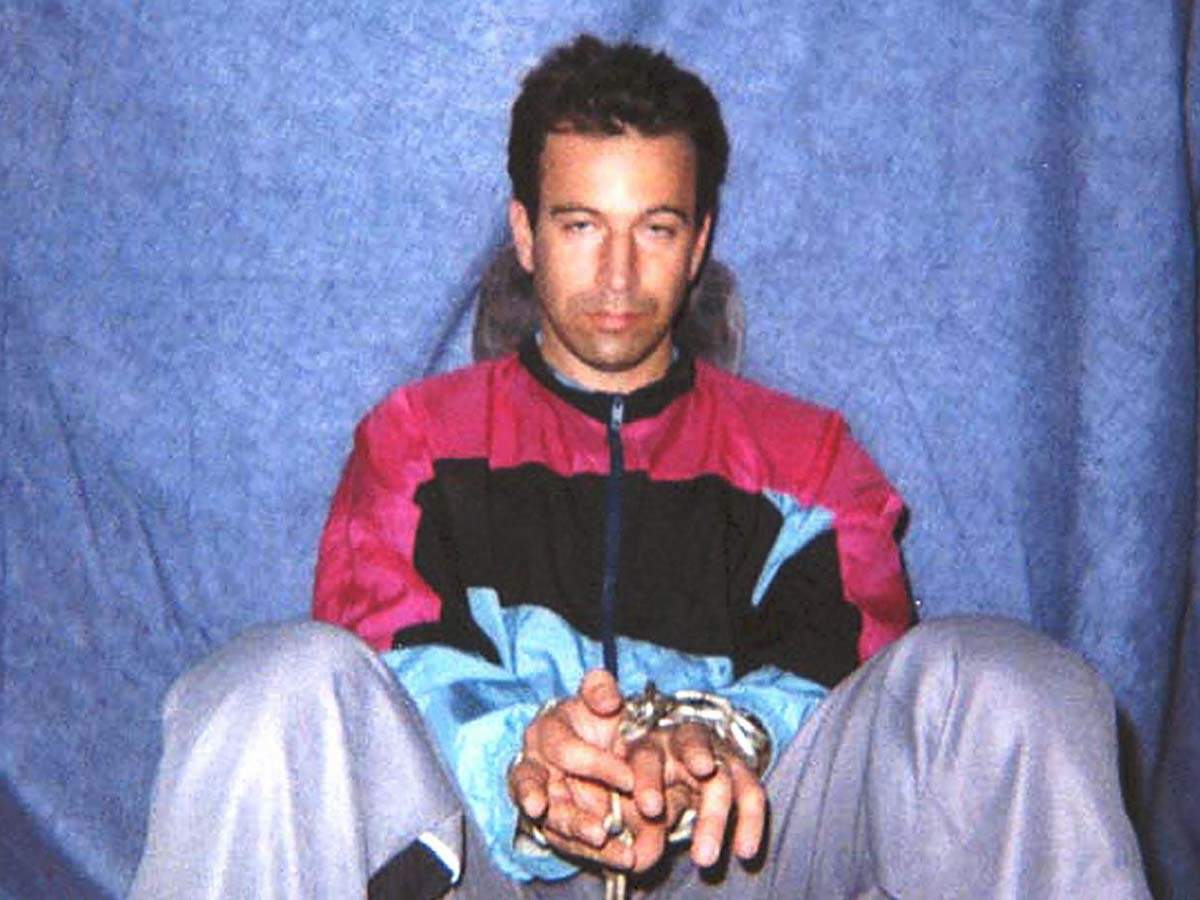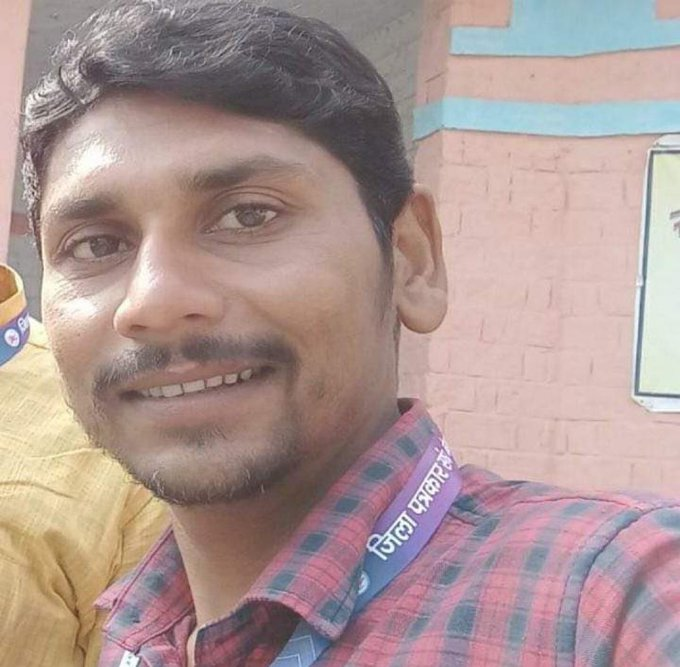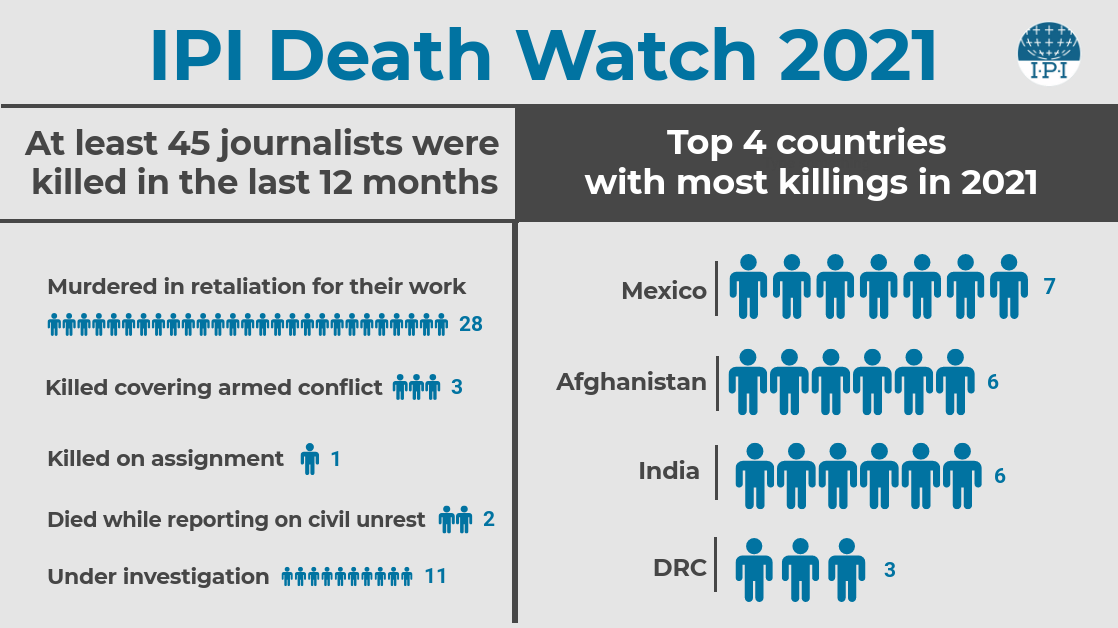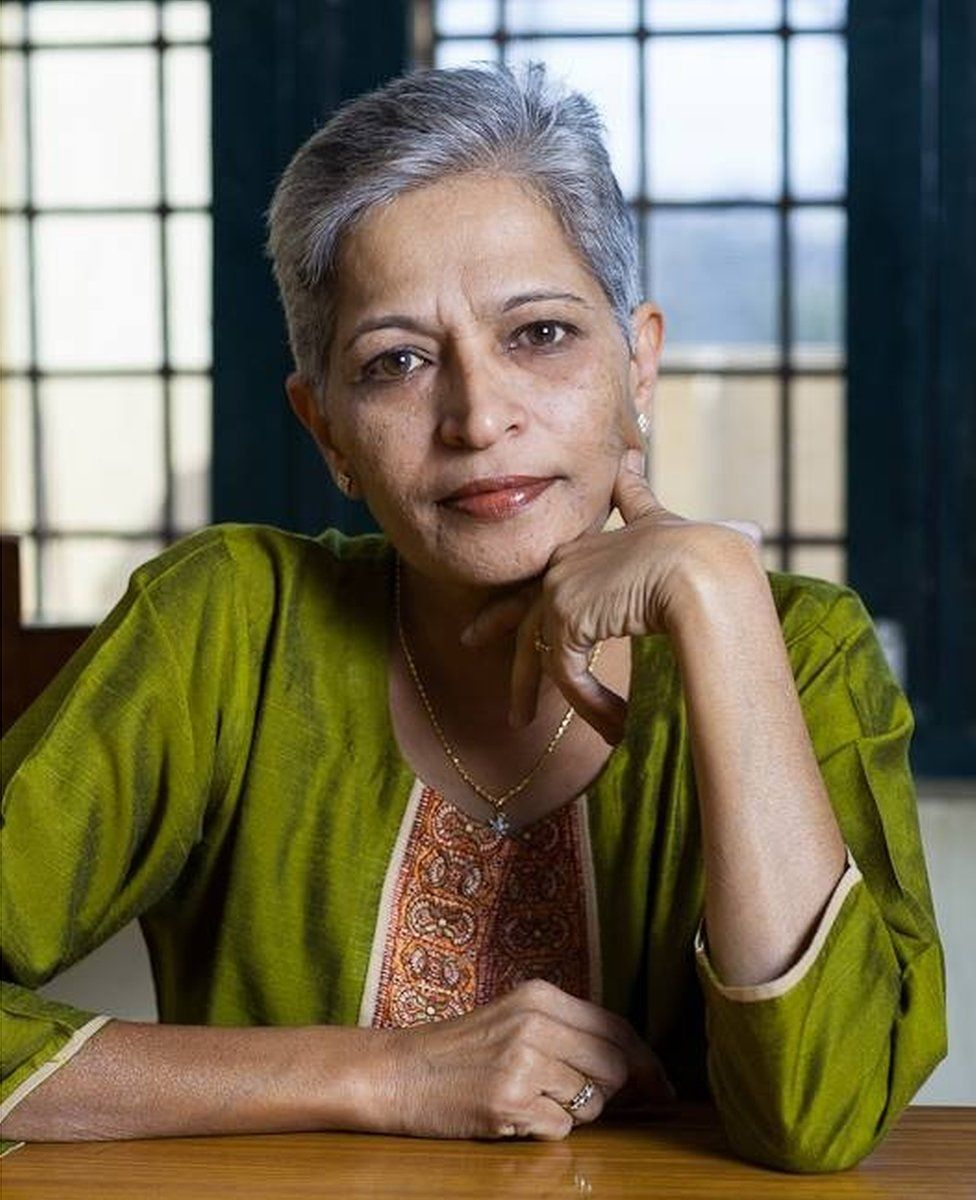Freedom of Press in India
Blogs Home
- 11 Jun 2022

"Pen is mightier than a sword."
Last month, World Press Freedom Day was celebrated on May 3rd which acts as a reminder for all governments to respect the rights of media and press institutions around the world. It also substitutes as a day for all media bodies to reflect on the restrictions imposed and on the progress of accepting media freedom among different platforms.
What do you mean by freedom of the press?
Freedom of press or media refers to the rights given by the Constitution of India under the freedom and expression of speech in Article 19(1)(a). It encourages independent journalism and promotes democracy by letting the people voice their opinions for or against the government’s actions.
Article 19 was brought to light after the Romesh Thappar vs State of Madras case highlighted the importance of media being the fundamental basis of all democratic organizations. However, it recognised the ‘public safety and public order’ under Article 9 (1-A) and dismissed the case.
Venkataramiah J. of the Supreme Court of India in Indian Express Newspapers (Bombay) (P) Ltd. v. Union of India has stated: “In today’s free world, freedom of the press is the heart of social and political intercourse. The press has now assumed the role of the public educator making formal and non-formal education possible on a large scale, particularly in the developing world, where television and other kinds of modern communication are not still available for all sections of society. The purpose of the press is to advance the public interest by publishing facts and opinions without which a democratic electorate (Government) cannot make responsible judgments. Newspapers being purveyors of news and views having a bearing on public administration very often carry material which would not be palatable to Governments and other authorities.”
Freedom of press and media is widely recognised in India. It does have reasonable restrictions under Article 19(2) to protect the safety of the people of the nation.
At the heart of the declaration in Article 19 it states, “Everyone has the right to freedom of opinion and expression, this right includes freedom to hold opinions without interference and to seek, receive and impart information and ideas through any media and regardless of frontiers.”
What are the rights of the media?
Freedom of the Press is nowhere mentioned in the Constitution. It is believed to be covered under Freedom of Speech and Expression. Hence, the rights of a common citizen are the same as the rights of a media or press house.
The media has certain rights to challenge the government and showcase the issues gaining rapid attention by the people through various media sources and houses. Some rights are:
- Defamation and free press
- Freedom of speech and expression
- Right to publish and circulate
- Right to receive information
- Right to conduct interviews
- Right to report court proceedings
- Right to advertise
However, there are certain restrictions in Article 19(2) to protect the nation and its integrity. The restrictions can be imposed in case of threats against:
- Sovereignty and integrity of India
- Security of the State
- Friendly relations with foreign states
- Public order, decency or morality
- Contempt of court
- Defamation
- Incitement to an offence
Why is freedom of the press important in India?
- Free exchange of ideas: The press inspires people to think beyond the social norms and gives a platform to exchange ideas and thoughts that deserve to be heard by people all around the nation.
- Holding the person or body accountable for their actions: Often, people try to cover up their actions and settle a case without bringing the media into it. The press brings to light such situations and makes sure that justice is served correctly with the backing of the common people.
- Voice of the people: The press acts as a channel which writes and speaks the thoughts of the majority of people. It focuses on the issues that are suppressed and brings forward the ones that should be talked about.
- Fourth pillar of democracy: Since the media is an independent body that challenges the Government, it can be referred to as the fourth pillar of democracy alongside the judiciary, legislative and executive bodies of the Government.
What is the current state of the press?
Although there has been some progress from the time when ‘freedom of the media’ can be estimated, the situation today is not very good. There have been lots of cases of hate crimes, false accusations, trials due to wrongful portrayal, fake news, etc., in the recent years.
Let’s take a look at the following:
- Fake News: We have all fallen victim to fake news which is so widely circulated that we believe it to be the truth.
- Paid News: Due to journalism and news-reporting being a low-paying job, some professionals often publish false news in exchange of a payment.
- Biased Media: High-paying criminals and politicians often pay media companies to cover ‘good’ and charitable moments of themselves. This leaves the audience biased, especially when it comes to elections.
- Crimes against journalists
As of 2021, 6 journalists have been killed because of their work. India is among the top 4 countries with the most number of deaths on record. Whether it is on job or off the job, they have been targeted and attacked due to their work.
Over the course of the last five years (2017-2021), 138 cases of assault and attacks against journalists were recorded. In Uttar Pradesh alone, 12 were killed, 48 were attacked and 66 were booked under various charges and cases.
Several cases of crimes have surfaced over the years. Some of the most prominent cases have been listed here.
Daniel Pearl
Daniel Pearl was an American Jew who was working in Mumbai, India as the South Asia Bureau Chief of The Wall Street Journal. He went to Pakistan to investigate the links between British citizen Richard Reid (i.e. shoe bomber) and Qaedat-al Jihad. He was abducted on January 23, 2002, and was found dead on February 1, 2002. His body, however, was discovered only on May 16, 2002.

This file photo obtained on Jan. 30, 2002, shows Wall Street Journal reporter Daniel Pearl in captivity by Pakistani militants.
A video was released by the captors called “The Slaughter of the Spy-Journalist, the Jew Daniel Pearl.” In this video, Pearl identified himself and later in the video, his throat was slit and his head severed. The video ends with the captors demanding that all Muslim prisoners at the Guantanamo Bay are released immediately or beheadings like these will keep happening “again and again”.
Subhash Kumar Mahto
On May 20, 2022, Subhash Kumar Mahto was returning from a family dinner in a small Bihar district when he was shot in the head by four men who fled the scene.

Journalist Subhash Kumar Mahato
Saurabh Kumar, a stringer at a national channel and general secretary of Begusarai District Journalists Association, told The Wire, “In the election of a ward member, Mahto had supported a candidate and that candidate won. Apart from this, he was continuously reporting against the liquor mafia as well as the sand mafias. These can be the reasons behind his murder.”
Gauri Lankesh
On September 5, 2017, journalist and activist Gauri Lankesh, the editor of a weekly Kannada tabloid Gauri Lankesh Patrike, was shot dead in front of her residence in south Bengaluru. The then Congress government in Karnataka had constituted a Special Investigation Team (SIT) to investigate the murder.
The SIT has stated in the court proceeding that Gauri Lankesh was targeted for vehemently opposing Hindutva in her writings and speeches. SIT in the charge sheet submitted by them had named 18 people as accused in the murder. Yet, the case has not yet come to a conclusion.
Journalism is a hard job and those who make it are constantly in fear of losing their lives or getting harmed. We don’t make it any easier for them with the lack of laws protecting journalists especially. The Government and other bodies are trying to curb hate crimes and protect the lives of journalists by making stricter laws and executing a penalty as and when necessary. Moreover, they are trying to reduce the spread of fake news and misinformation.
We can only hope that in times to come, necessary steps will be taken as we await a world where freedom of the press has lesser curbs and that rules for better protection of journalists are readily introduced in the country.
Jess Doshi
Sources
- Freedom of Press - Article 19(1)(a). (n.d.). Www.legalservicesindia.com. Retrieved May 3, 2022, from http://www.legalservicesindia.com/article/1847/Freedom-of-Press---Article-19(1)(a).html#:~:text=In%20India%2C%20freedom%20of%20press
- Freedom of Press - Indian Constitution. (n.d.). Www.legalserviceindia.com. Retrieved May 3, 2022, from https://www.legalserviceindia.com/article/l448-Freedom-of-Press.html
- History of Journalism. (2018, June 27). Editors Guild of India. https://editorsguild.in/history-of-journalism/
- IPI-Admin. (2021, December 7). The state of media freedom in India. International Press Institute. https://ipi.media/the-state-of-media-freedom-in-india/
- Mugundhan, B., & Renuga, C. (2018). A STUDY ON FREEDOM OF PRESS IN INDIA: WITH REFERENCE TO ARTICLE 19 INTRODUCTION. International Journal of Pure and Applied Mathematics, 120(5), 3957–3973. https://acadpubl.eu/hub/2018-120-5/4/329.pdf
- Romesh Thappar vs The State Of Madras. (n.d.). Global Freedom of Expression. Retrieved May 4, 2022, from https://globalfreedomofexpression.columbia.edu/cases/thappar-v-madras/#:~:text=Case%20Summary%20and%20Outcome&text=Romesh%20Thappar%20filed%20a%20petition
- What are the Rights of Press in India? (n.d.). Nyaaya. Retrieved May 4, 2022, from https://nyaaya.org/blog/what-are-the-rights-of-press-in-india/
- Freedom of Media. (n.d.). Drishti IAS. Retrieved May 4, 2022, from https://www.drishtiias.com/daily-news-analysis/freedom-of-media-1
- Bureau, N. P. (2022, February 12). Reality of “crime free” UP: 12 journalists were killed, 48 attacked, 66 booked under various cases in Yogi Raj. National Herald. https://www.nationalheraldindia.com/india/reality-of-crime-free-up-12-journalists-were-killed-48-attacked-66-booked-under-various-cases-in-yogi-raj
- Daniel Pearl: An Open Case. (n.d.). Committee to Protect Journalists. https://cpj.org/reports/2006/05/pearl-da/
- Indian journalist Subhash Kumar Mahto shot dead in Bihar state. (2022, May 23). Committee to Protect Journalists. https://cpj.org/2022/05/indian-journalist-subhash-kumar-mahto-shot-dead-in-bihar-state/







-min.jpg)